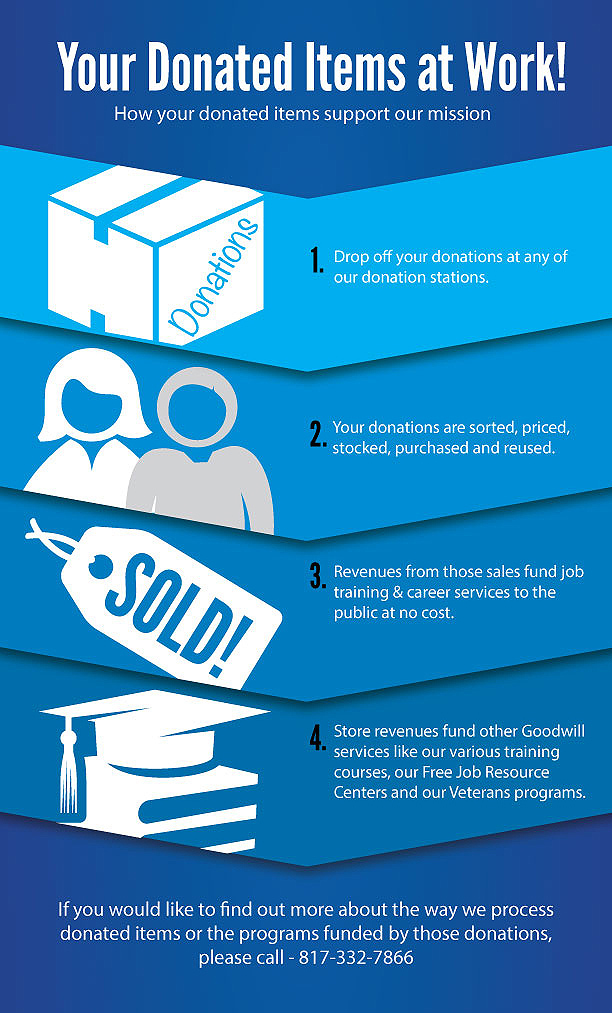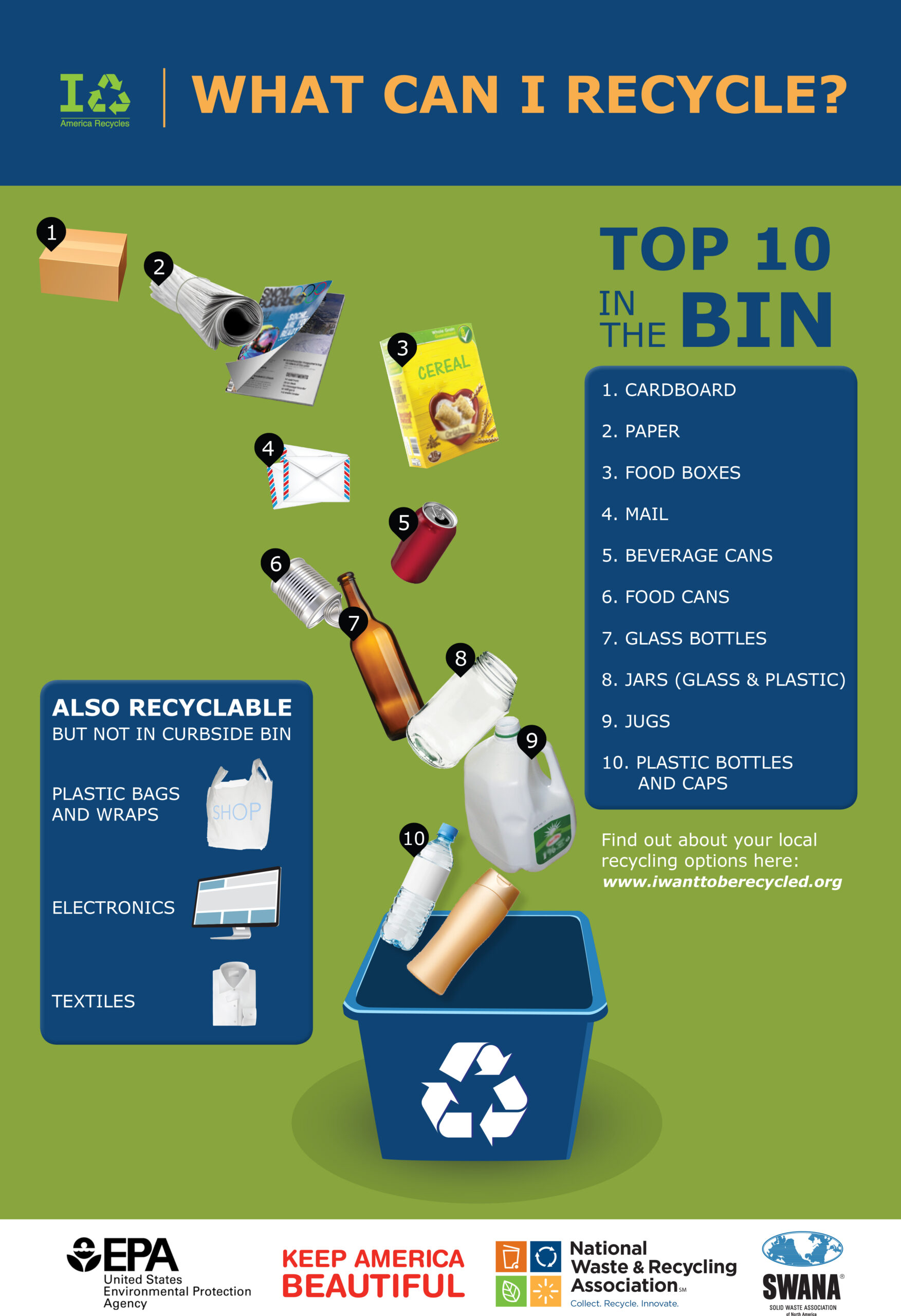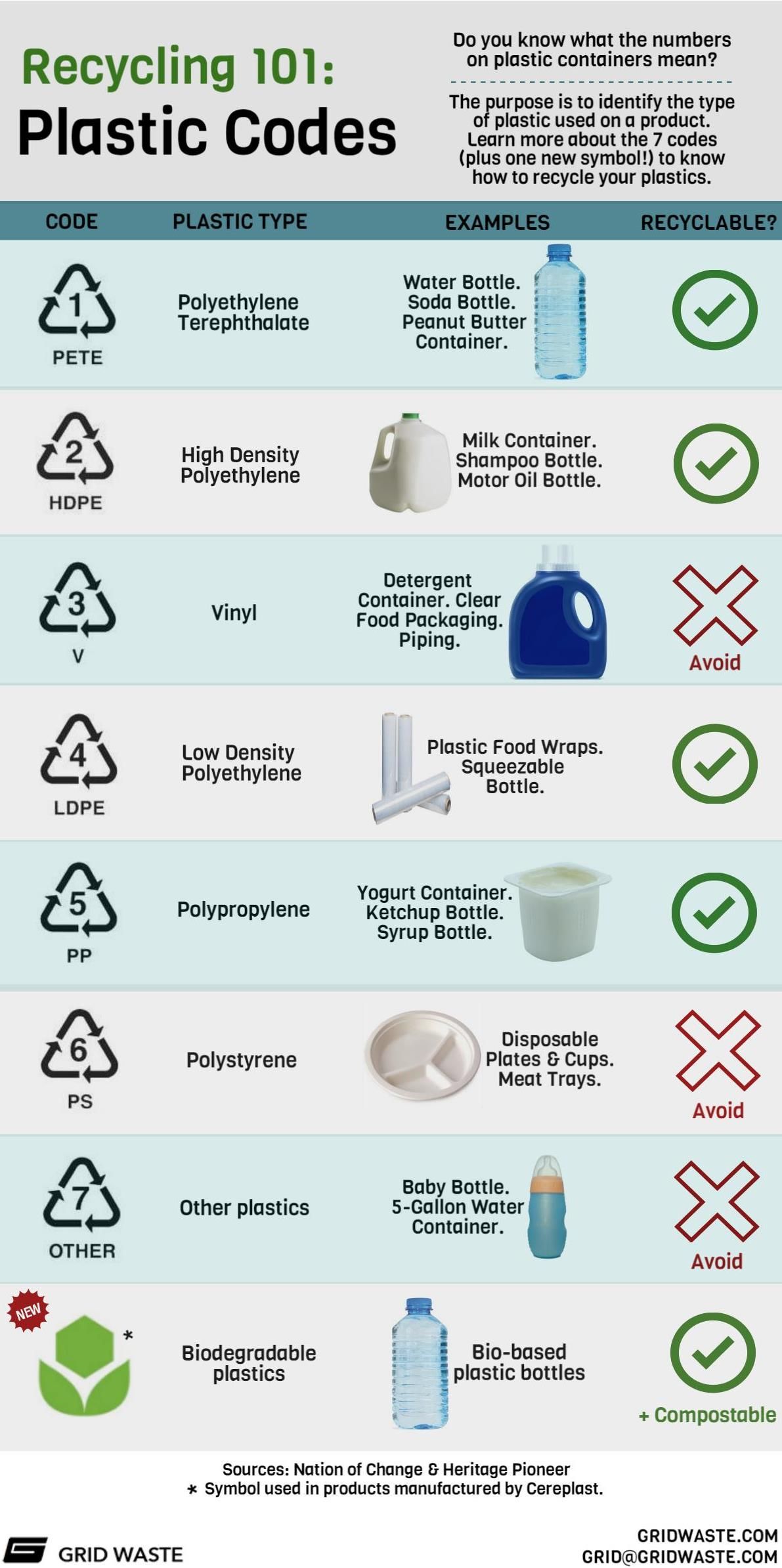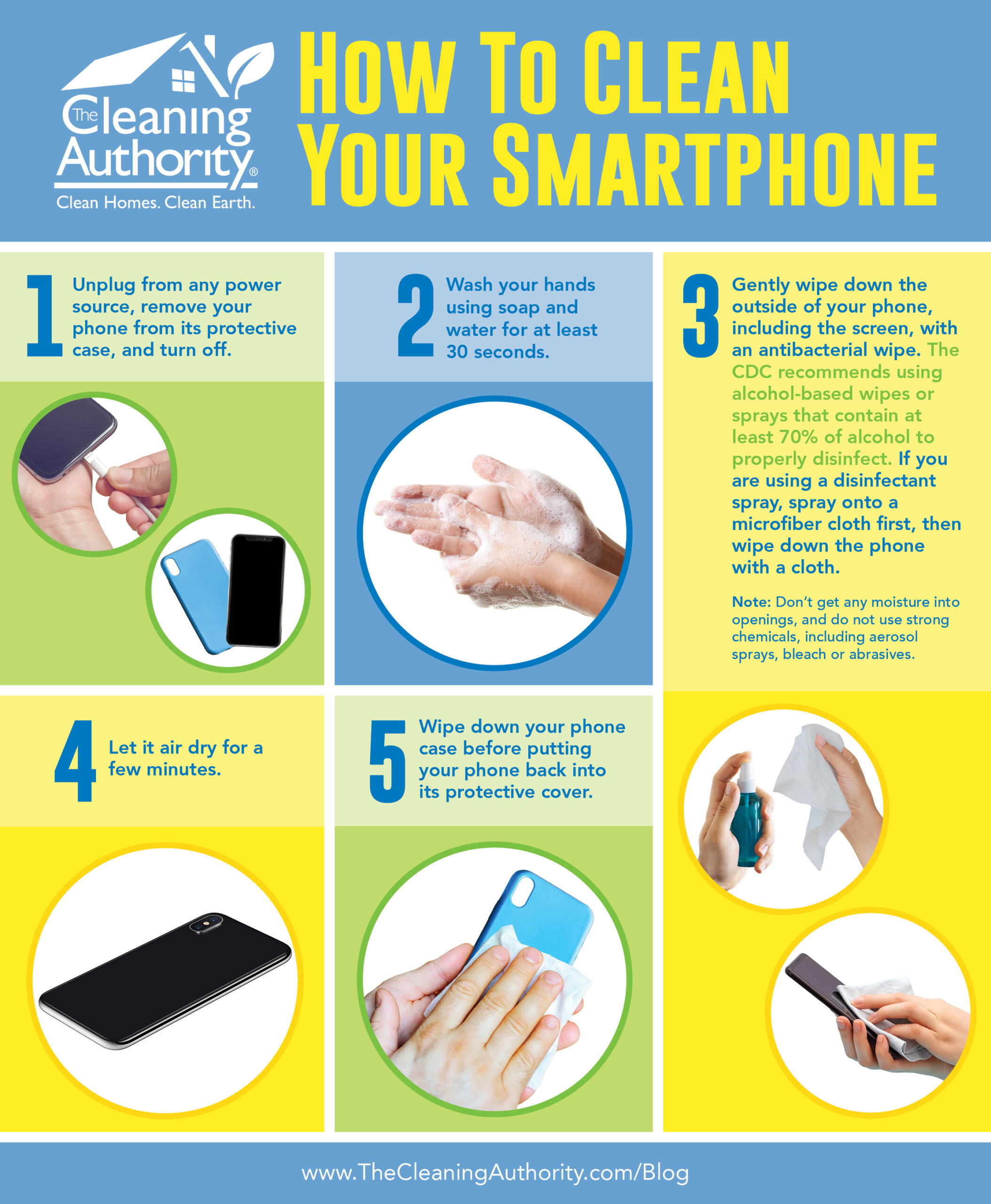Switching to LED light bulbs is not only an eco-friendly move but also an opportunity to donate your working light bulbs to those in need. If you’ve made the switch and are wondering how to donate (working) lightbulbs, once you switch over to LED, this article has you covered. We’ll explore the various channels through which you can donate your light bulbs, as well as the best practices for safe disposal and recycling.
How to Donate (Working) Lightbulbs, Once You Switch Over to LED
Donating your working light bulbs after switching to LED is a thoughtful way to extend their useful life and help the community. Here are some ways to do so:
- Check with local charities such as Habitat for Humanity, which often accept working light bulbs for their construction projects.
- Post on platforms like Craigslist to offer your bulbs for free to those who might need them.
- Reach out to schools or community centers that may benefit from extra lighting.
- Consider specialized organizations that support low-income families with household items.
Remember to ensure that the bulbs are packed safely to prevent breakage during transportation.
Where to Find Light Bulb Donation Centers
Finding a place to donate your light bulbs can be simple, depending on your location:
- Use online resources to locate nearby donation centers. Websites like Earth911 provide search tools to find recycling and donation centers.
- Visit the websites of Home Depot or Lowe’s, as they sometimes host donation drives or offer recycling services.
- Local waste management authorities can often provide information on donation and recycling programs.
Always call ahead to ensure that the center accepts the type of bulbs you’re looking to donate.
Benefits of Donating Working Light Bulbs
Donating light bulbs has several benefits that align with environmental sustainability and community support:
- It extends the lifespan of the light bulbs, delaying their entry into the waste stream.
- It reduces environmental impact by minimizing the need to produce new bulbs.
- Donations can help non-profits and lower-income households save on expenses.
Moreover, it’s a simple act of kindness that contributes to a culture of reuse and recycling.
How to Prepare Light Bulbs for Disposal
When it’s time to dispose of bulbs that can’t be donated, proper preparation is key:
- For LED and incandescent bulbs, wrap them in newspaper or place them in their original packaging to prevent breakage.
- For CFLs or other bulbs containing mercury, seal them in a plastic bag to contain any potential spills.
Check your local regulations for additional disposal requirements that may apply to your area.
Safe Disposal Options for Light Bulbs
Safe disposal of light bulbs is crucial for environmental protection and personal safety. Depending on the type of bulb, you may need to take different disposal steps:
- LED bulbs can often be disposed of in regular trash, but recycling is preferable.
- CFLs and other fluorescent bulbs should be taken to a hazardous waste facility due to mercury content.
- Some retailers, like Home Depot, offer recycling programs for certain types of bulbs.
Always handle broken bulbs with care, using gloves and avoiding direct contact with any broken glass or materials inside the bulb.

Why Should You Recycle or Dispose of Light Bulbs Properly?
Proper disposal of light bulbs is not just about decluttering your home; it’s about taking responsibility for the environment:
- Improper disposal can lead to mercury and lead contamination, harming wildlife and water sources.
- The recycling of bulbs conserves materials and reduces greenhouse gas emissions.
- Following EPA guidelines ensures that hazardous materials are handled correctly.
By responsibly disposing of or recycling your bulbs, you contribute to a healthier planet.
Eco-Friendly Ways to Recycle Light Bulbs
Recycling light bulbs is an eco-friendly practice that helps conserve resources. Here’s how you can recycle various types of bulbs:
- For LED light bulbs, look for local recycling programs or take them to a retailer with a take-back program.
- Fluorescent bulbs, including CFLs, should be taken to hazardous waste disposal sites.
- Incandescent bulbs, while not recyclable, should be disposed of in household trash in a way that prevents breakage.
Recycling centers and big-box retailers often have specific instructions for bulb drop-offs, so be sure to inquire about the details.
Before we continue, let’s take a moment to learn from an informative video that delves into the proper disposal and recycling of light bulbs. Check out this resource:
How to Dispose of Light Bulbs
The final step in the life of a light bulb is its disposal. Here’s a reminder of the best practices:
- Check with your local municipality for bulb disposal regulations.
- For bulbs without mercury, such as LEDs and incandescents, you can often dispose of them with regular waste.
- Always take extra care with bulbs that contain mercury, like CFLs, and take them to a proper disposal facility.
By following these guidelines, you ensure that you’re not contributing to environmental pollution.
How to Recycle LED Light Bulbs
Recycling LED bulbs is a simple process, but it’s important to do it right:
 Browsing: Recycling & Disposal options
Browsing: Recycling & Disposal options- Locate a recycling facility or retailer that accepts LEDs.
- Prepare the bulbs for drop-off by ensuring they are off and cool.
- Wrap the bulbs to prevent breakage and facilitate safe transport.
Remember that while LED bulbs don’t contain hazardous materials like mercury, recycling them still conserves valuable materials.

Preguntas Relacionadas Sobre la Donación y Reciclaje de Bombillas
Where to Recycle Fluorescent Tubes Near Me?
To find a local recycling option for fluorescent tubes:
- Visit Earth911.com and use their recycling locator.
- Contact your local waste management authority for guidance.
These options help ensure that the mercury in the tubes is handled correctly.
How to Dispose of LED Light Bulbs?
While LED bulbs are less hazardous, disposal should still be responsible:
- Consider recycling them at facilities that accept e-waste.
- If recycling is not an option, ensure they’re disposed of in a way that doesn’t pose a risk of breakage.
Remember, conscious disposal is part of sustainable living.
Where to Recycle LED Light Bulbs Near Me?
Similar to fluorescent tubes, you can find recycling options for LED bulbs through:
- Online resources like the Earth911 recycling locator.
- Local retailers like Home Depot or specialty electronic stores.
Always prioritize recycling over disposal whenever possible.
Home Depot Light Bulb Recycling
Many Home Depot stores offer recycling bins for various types of light bulbs:
- Check with your local store for their specific recycling programs.
- Home Depot typically accepts CFLs and may accept other types of bulbs.
It’s a convenient option for responsible disposal.
Habitat for Humanity Donate Light Bulbs
Habitat for Humanity often accepts light bulb donations:
- Reach out to your local Habitat for Humanity ReStore.
- They accept a variety of building materials and household items, including light bulbs.
Your donation could help light up a family’s home.

Mercury Light Bulb Disposal Near Me
For bulbs containing mercury:
- Search for hazardous waste disposal facilities in your area.
- Check with retailers that may offer safe disposal options for mercury-containing bulbs.
Proper disposal prevents mercury from polluting the environment.
Can You Throw Away LED Light Bulbs?
While you can throw away LED light bulbs in many areas, recycling is the better option:
- Look for local e-waste recycling programs.
- By recycling, you help to recover materials that can be reused.
Throwing away should be a last resort.
Where to Donate Light Bulbs Near Me?
To find nearby donation options for your light bulbs:
- Check with local charitable organizations and shelters.
- Use social media or community boards to connect with those in need.
Donating contributes to sustainability and community support.
By following the guidelines provided in this article, you can ensure that your transition to LED lighting is not only beneficial for your energy efficiency but also for the environment and your community.
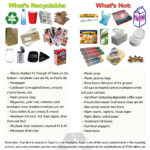 You can’t recycle razors (or just toss them in the trash). Here’s how to dispose of them safely.
You can’t recycle razors (or just toss them in the trash). Here’s how to dispose of them safely.
